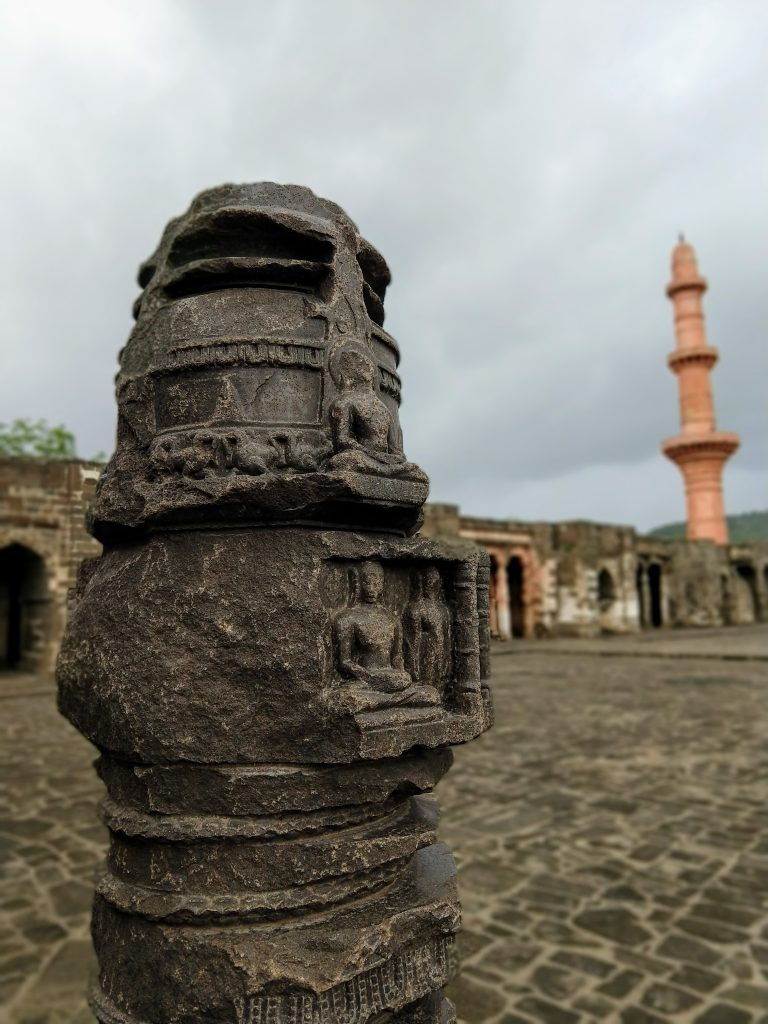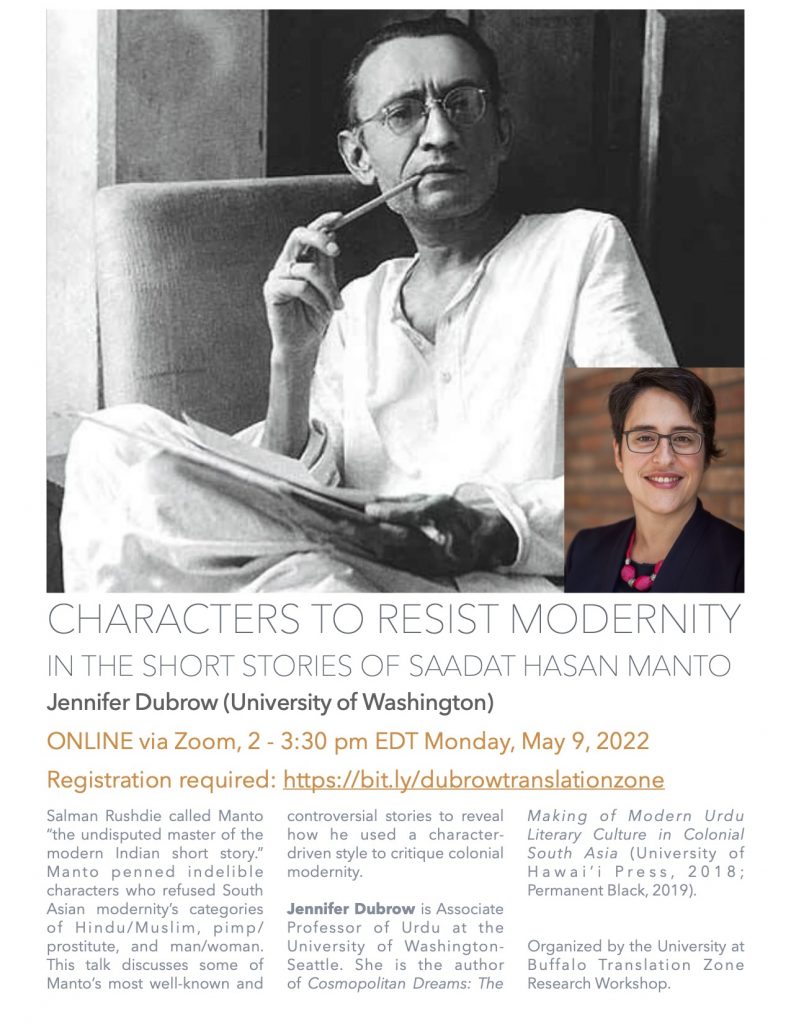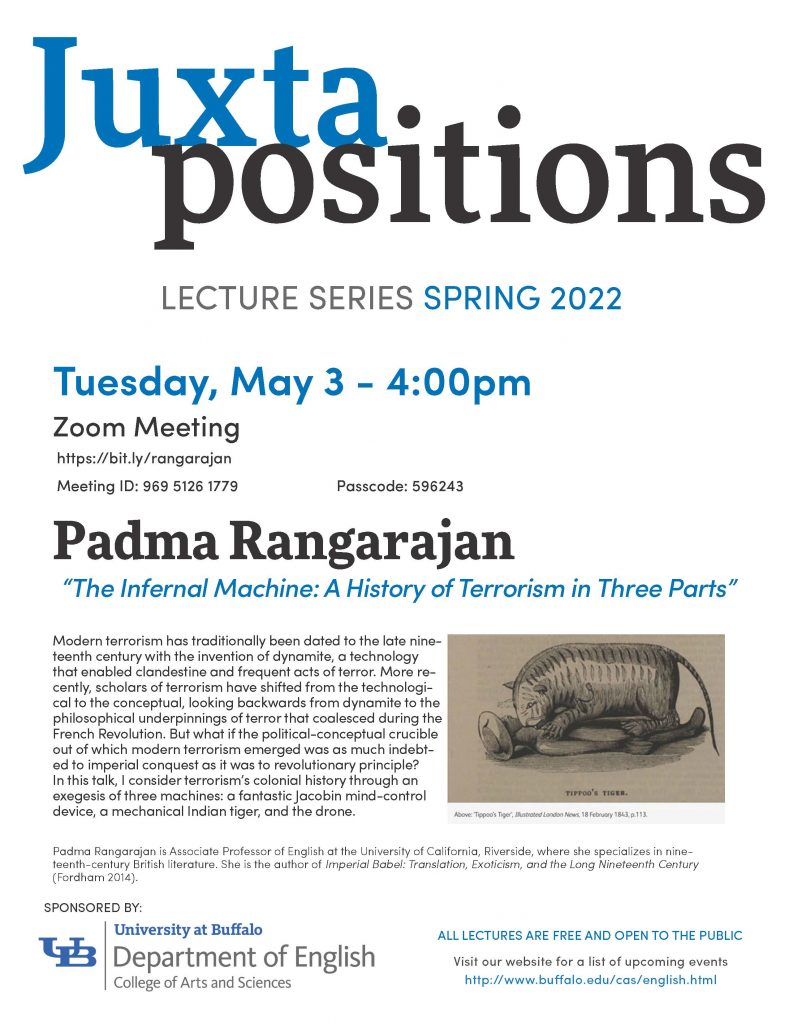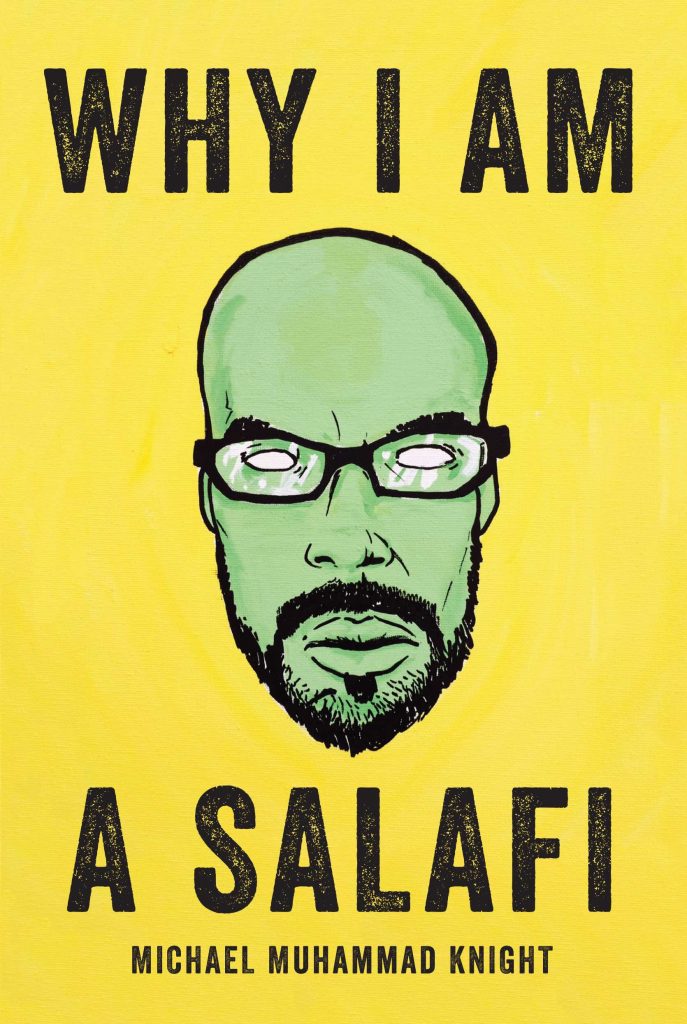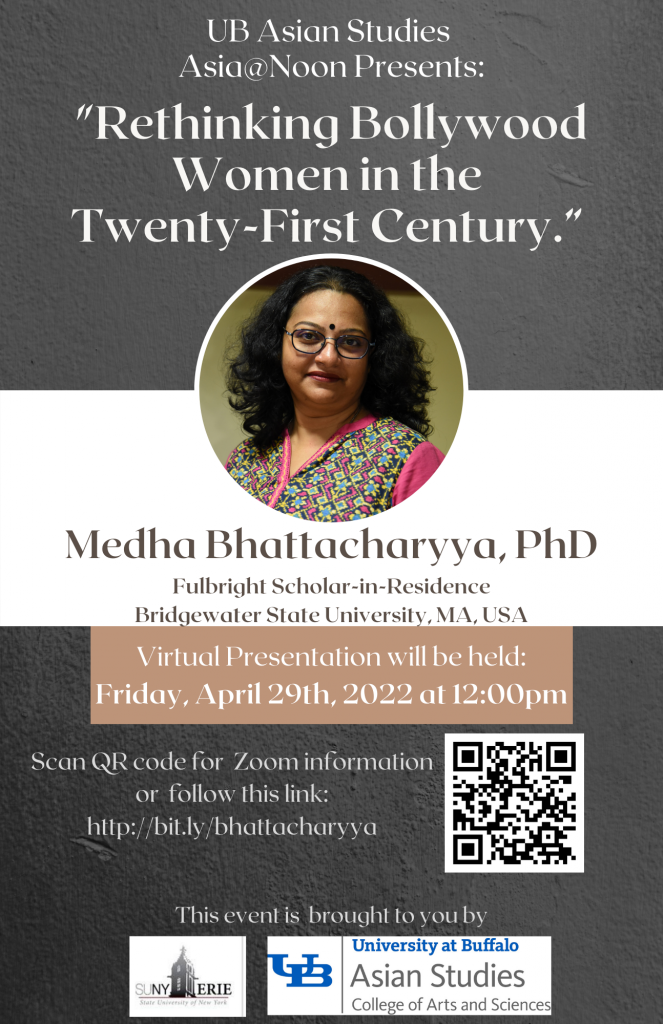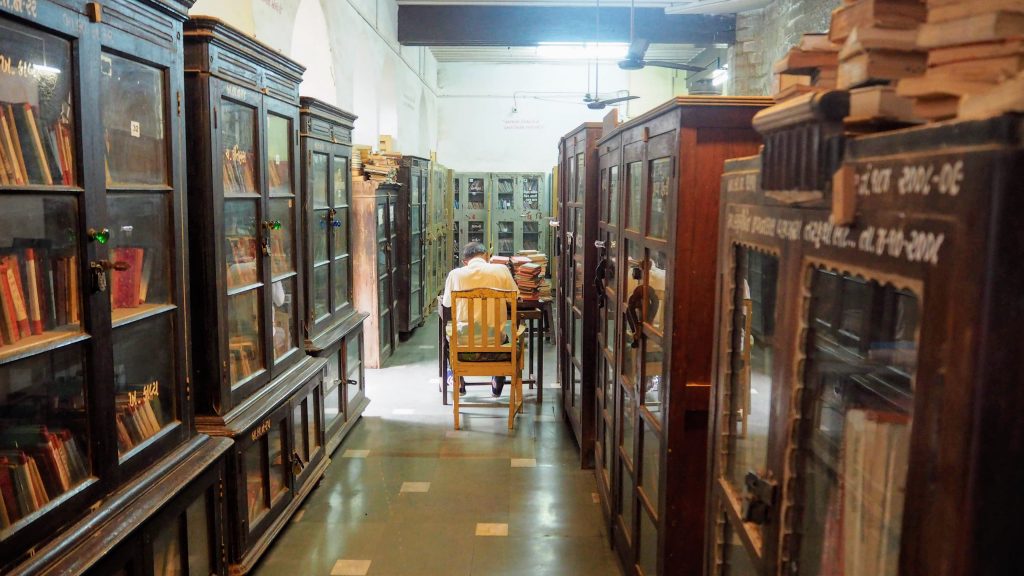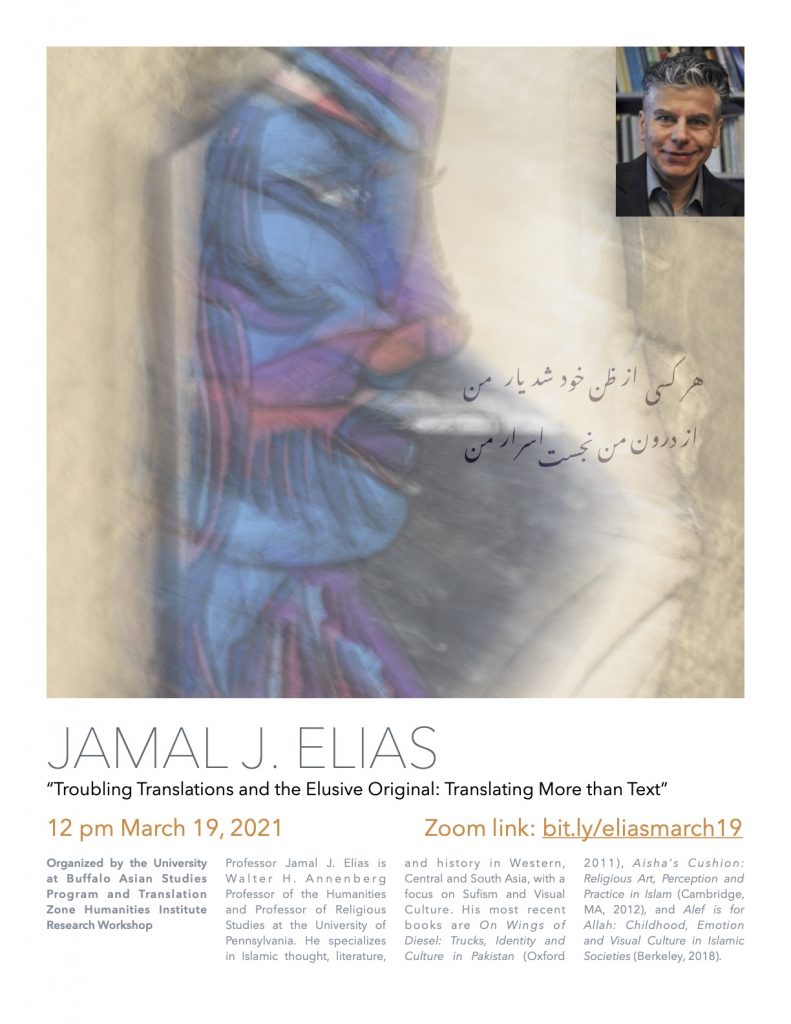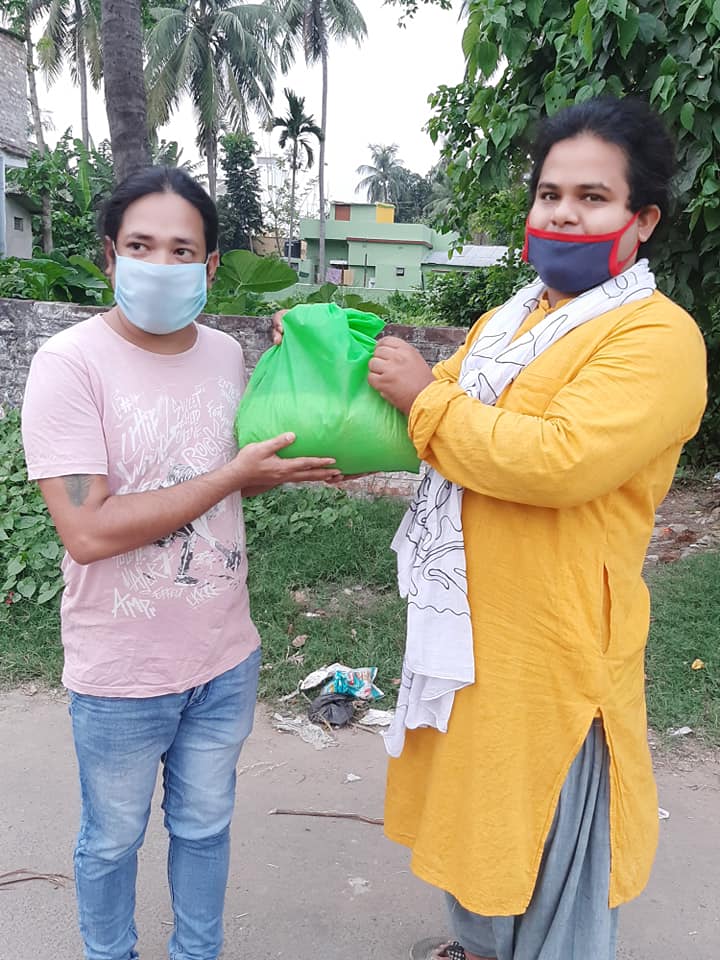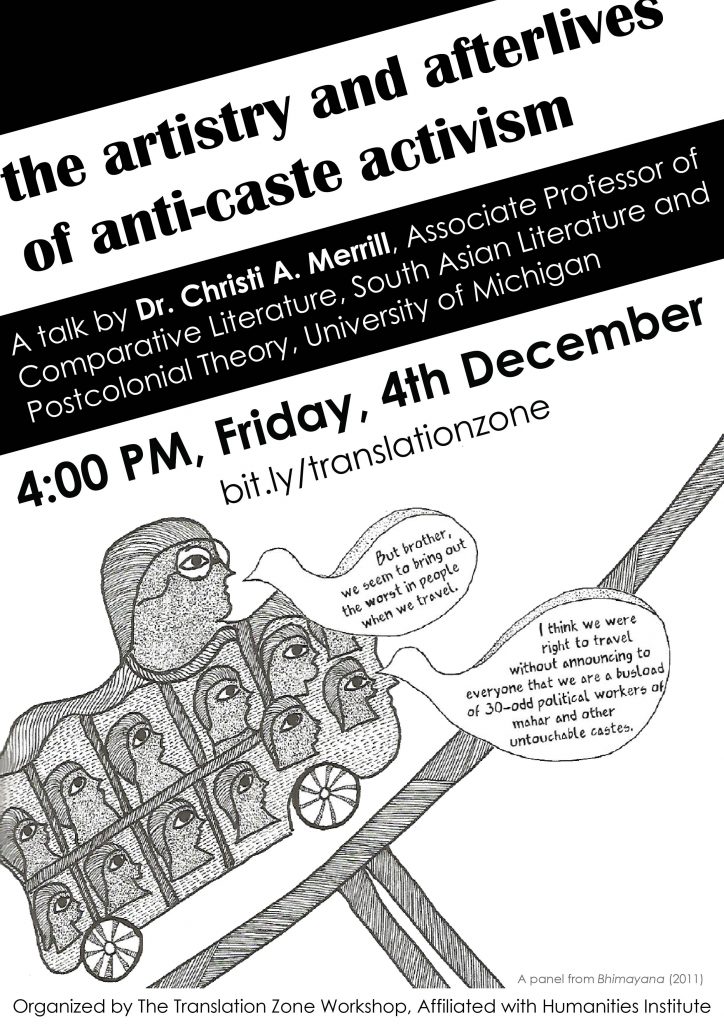2022 RUSTGI UNDERGRADUATE CONFERENCE ON SOUTH ASIA
Identity & Cultural Dissonance
Saturday, April 1st, 2023
In-Person (240 Capen Hall) + Zoom (register for link)
Saturday, April 1st at 4 PM EST
NYC Council Member Shahana Hanif, Keynote Speaker
On Being the First Muslim Woman Elected to the New York City Council: What This Means For the Muslim Community and the Future of our Democracy
Council Member Shahana Hanif is the Council Member for Brooklyn’s 39th District. She was born and raised in Kensington, Brooklyn, and is the daughter of Bangladeshi Muslim immigrants. She is the product of public schools having attended P.S. 230 and Brooklyn College, an activist, community organizer, and public servant. Shahana is the first Muslim woman ever elected to the New York City Council and the first woman Council member for the 39th District. She currently serves as the chair of the Immigration Committee and is one of the two co-chairs of the Progressive Caucus.
Featuring Student Speakers & Panelists
Join student speakers, both domestic and international, as well as panel chairs from the University at Buffalo as they speak about some of the most important issues in South Asia. We will cover a diverse range of topics, discussing political, social, and environmental issues.
This hybrid event is free, but registration is required.
To register visit https://bit.ly/rustgiregistration2023
For more information please contact southasiaundergradconf@gmail.com
Program Schedule
Saturday, April 1st
Breakfast: 8:00 am – 8:45 am
Opening Remarks: 8:45 am to 9:00 am
Panel 1: Resisting Monolithic Narratives of Identity in a Post-Colonial World
9:00 am – 10:15 am
Panel Chair: Dr. Samina Raja, University at Buffalo
Imaan Azeem, Habib University, “Language and Identity in a Post-colonial Context: An ethnographic study amongst students in Karachi”
Rajkishore Mukherjee, University of Calcutta, “Identity, and its Role in South Asian Democracies”
Spoorthi Niranjan, FLAME University, “Caste Resistance to Caste Assimilation: The Brahminization of the Lingayat Community”
Panel 2: Expressions of Cultural Resilience
10:30 am – 12:15 pm
Panel Chair: Dr. Nadine Shaanta Murshid, University at Buffalo
Caitlyn Marentette, University at Pennsylvania, “Emotion, Language, and Identity Politics in East Pakistan”
Neha Melwani, University at Toronto, “Creating Colonial Identities: The Impacts of British Colonial Forestry on Indian People”
Malavika Kannan, Stanford University, “Spirited Wives: Critiquing Early Nationalism Through the Life-Writings of 20th Century Women”
Kavya Srikanth, Stanford University, “Linguistic Identity Formation in Independent India”
Lunch Break 12:15 pm – 1:00 pm
Panel 3: Transforming Cross-Cultural Depictions Across Entertainment
1:00 pm – 2:15 pm
Panel Chair: Dr. Suparna Soni, Buffalo State University
Clara Walling, Hamilton College, “Artistic Dreaming and the Role of Sound in Diasporic Longing”
Leela Cullity, Occidental College, “Cross-Cultural Love in the South Asian Diaspora: A Comparative Analysis of Michael Showalter’s The Big Sick and Mira Nair’s The Namesake”
Nithya Balakrish, Michigan State University, “A Queen by any Other Name: The Construction of Hijras in Indian Cinema”
Panel 4: Community Implications of South Asian Diasporic Ties
2:30 pm – 3:45 pm
Panel Chair: Dr. Christopher Lee, Canisius College
Vansh Ruhela, University of Toronto, “The Quota-Caste System: A Double-Edged Sword”
Kush Chaudhari, Vanderbilt University, “The Complexity of the Hindu Mother Cow Gives Rise to Diverse Hindu American Perspectives”
Jaret Rushing, Vanderbilt University, “Conceiving Hindu-Muslim Translation: Shared Materiality and Kinship in the Indo-Persian Cosmopolis”
Keynote Talk 4:00 pm – 5:30 pm
New York City Council Member Shahana Hanif
“On Being the First Muslim Woman Elected to the New York City Council: What This Means For the Muslim Community and the Future of our Democracy”
Thank you to our event sponsors!
The fifth annual Rustgi South Asian Undergraduate Research Conference is made possible by a generous gift from the families of Dr. Vinod Rustgi and Dr. Anil Rustgi, as well as funding from the University at Buffalo Asia Research Institute and Asian Studies Program.


